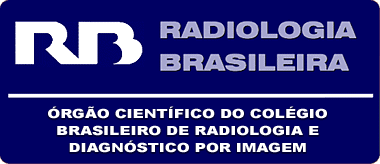Abstract
Objective:
To compare 68Ga-DOTA-DPhe1,Tyr3-octreotate (68Ga-DOTATATE) positron-emission tomography/computed tomography (PET/CT) findings with those of conventional 111In-octreotide scintigraphy in patients with neuroendocrine tumors (NETs).
Materials and Methods:
This was a single-center prospective study including 41 patients (25 males; mean age, 55.4 years) with biopsy-proven NETs who underwent whole-body 111In-octreotide scintigraphy and whole-body 68Ga-DOTATATE PET/CT. The patients had been referred for tumor staging (34.1%), tumor restaging (61.0%), or response evaluation (4.9%). Images were compared in a patient-by-patient analysis to identify additional lesions, and we attempted to determine the impact that discordant findings had on treatment planning.
Results:
Compared with 111In-octreotide scintigraphy, 68Ga-DOTATATE PET/CT revealed more lesions, the additional lesions typically being in the liver or bowel. Changes in management owing to the additional information provided by 68Ga-DOTATATE PET/CT occurred in five patients (12.2%), including intermodal changes in three (7.3%) and intramodal changes in two (4.9%). In addition, 68Ga-DOTATATE PET/CT yielded incidental findings unrelated to the primary NET in three patients (7.3%): Hürthle cell carcinoma of the thyroid, bowel non-Hodgkin lymphoma, and a suspicious breast lesion.
Conclusion:
We conclude that 68Ga-DOTATATE PET/CT is superior to conventional 111In-octreotide scintigraphy for the management of NETs because of its ability to determine the extent of the disease more accurately, which, in some cases, translates to changes in the treatment plan.
Keywords:
Carcinoma, neuroendocrine/diagnostic imaging; Positron-emission tomography/methods; Tomography, X-ray computed/ methods; Radionuclide imaging/methods

 Thumbnail
Thumbnail
